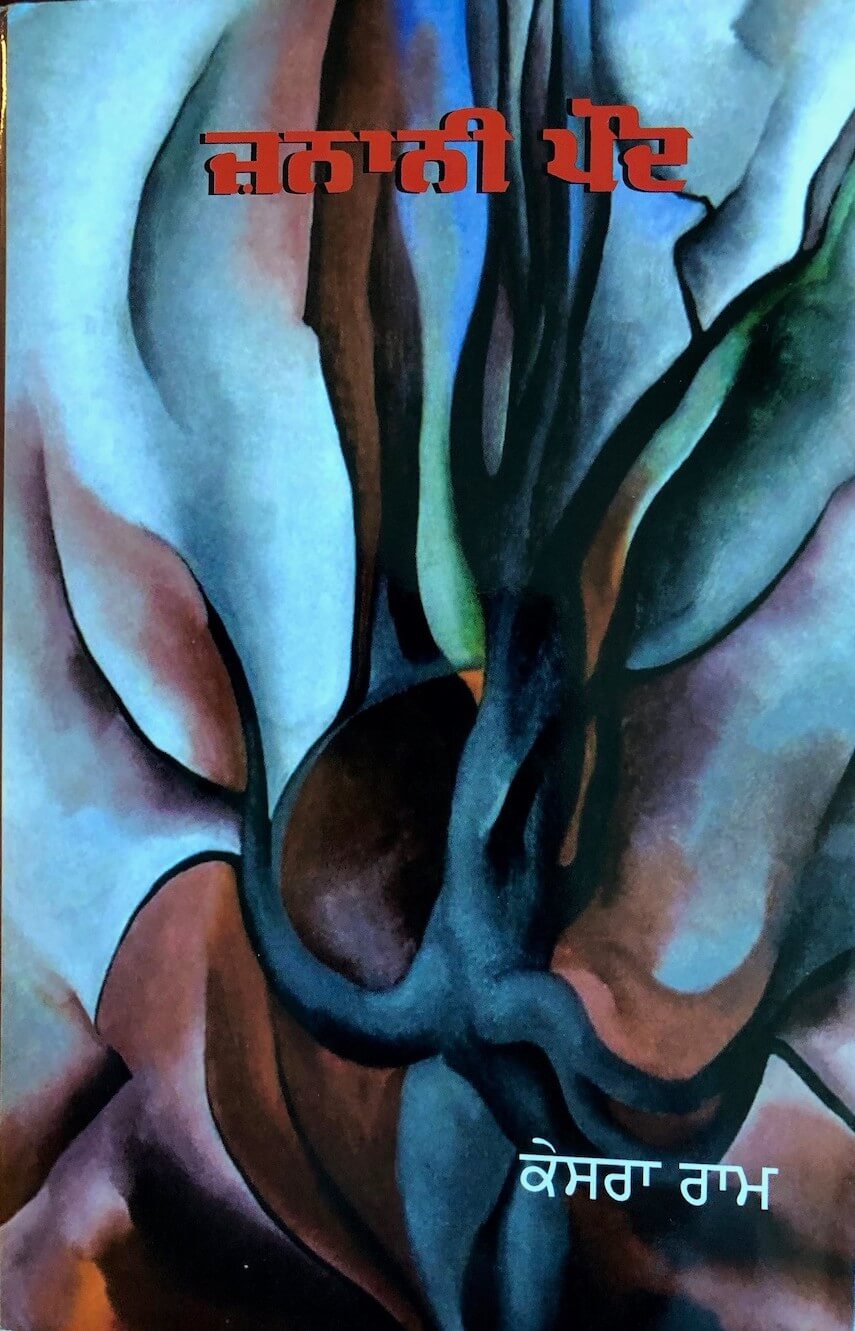
- Publisher: Navyug Publishers

In Zanani Paud (‘Female Flower’), Kesra Ram, an award winning and influential story writer, uses brilliant satire to expose, contrast, and criticize the beliefs and behaviors of people living in Haryana’s complex and rapidly changing economic, political, and social reality. He deftly tackles the controversial subject of gender selection and preference for boys, and the varying degrees of conscious decision making by the characters involved. He demolishes the myth that only the poor abort female fetuses.
Zanani Paud, the title story, is a metaphor of the female plant or flower. It highlights the female genitalia as the focus of the enormous pressure for procreation being exerted on women in still a largely paternalistic society. Family prosperity and material profit are shown as twin desires of men and women as a character quips, “people want ‘heifers’ (female calves) from buffaloes, but baby boys from women”. Sweetie and Preeti are two friends struggling to cope with their common situation as wives expected to birth boys. Sweetie, suffering from the pain of aborting numerous girl fetuses, secretly gets herself sterilized. In contrast Preeti is unable to conceive. She is troubled by a deepening sadness of not becoming a mother and begins to fear her husband’s family. Her nights are spent tossing and turning with recurring dreams of snakes. But when she finally becomes a mother her sense of self worth is boosted increasing her confidence and her status in the family. In her sleep she begins to dream of lions and wolves.
The title of a story Beti Ka Baap (Father of a Girl), is both a belittling and taunting expression in the local vernacular for a man with only a daughter. Two couples are contrasted in their attitudes towards centuries old traditions. Dr. Amit wants his wife, Professor Manju, a college lecturer, to bear him a son. But Dr. Ranbir Malik is happy distributing sweets even on the birth of his third daughter. Other stories deal with contemporary crises, social ills, lack of water and sanitation in communities and the shocking exploitation of the slum dwellers by local shopkeepers.
